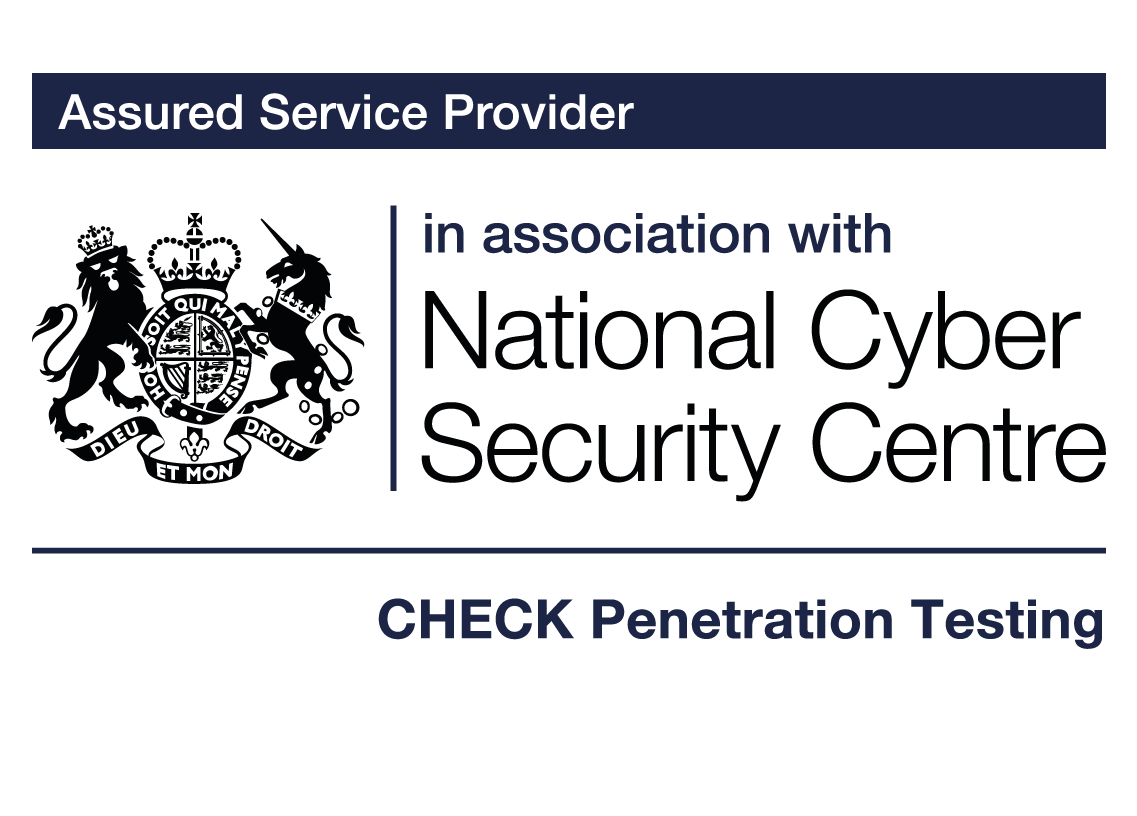by Leigh Taylor, Head of Cyber Defence
The recent collapse of KNP Logistics, one of the UK’s largest privately owned logistics groups, has thrown a stark light on the increasing threat that ransomware poses to businesses and their employees. The company, which was already grappling with challenging market conditions, suffered a significant ransomware attack in June which affected key systems and financial information. This event further destabilised the company’s financial standing, ultimately leading to its insolvency and the unfortunate redundancy of approximately 730 employees.
Ransomware attacks continue to pose a significant threat to businesses. They not only disrupt operations but also have far-reaching financial implications. For instance, the attack on KNP Logistics resulted in the company being unable to secure additional investment and funding necessary for its survival.
In this digital age, where businesses rely heavily on technology, cybersecurity should be a top priority. Organisations must adopt proactive measures to secure their networks and guard against such threats. As a managed security service provider offering 24/7 Security Operations Centre (SOC) solutions, we understand the importance of robust cybersecurity measures and the role they play in ensuring business continuity.
Understanding the Threat Landscape
The ransomware attack on KNP Logistics was reportedly perpetrated by the Akira ransomware gang, who added the company to their list of victims in June. Interestingly, a decryptor for the Akira ransomware was publicly released by cybersecurity firm Avast in July. However, it remains unknown whether KNP Logistics could have utilised this decryptor to mitigate the impact of the attack.
The issue of ransomware isn’t isolated to KNP Logistics. The National Cyber Security Centre (NCSC) and the Information Commissioner’s Office (ICO) reported a record number of ransomware attacks on organisations in the United Kingdom last year. Criminals compromised data from over 700 organisations, potentially affecting more than 5.3 million people. The transport and leisure sector, in particular, has seen hundreds of cyber incidents since April 2019.
As stated by the UK’s security minister, Tom Tugendhat, the UK is a top target for cybercriminals who have cost taxpayers millions by attempting to shut down hospitals, schools and businesses. The NCSC also warns that ransomware is one of the most significant cyber threats facing the UK, and attacks can have a far-reaching impact.
The Need for Proactive Cybersecurity Measures
The KNP Logistics case exemplifies the severe consequences businesses might face if they do not implement robust cybersecurity measures. Organisations must take proactive steps to secure their networks and protect against such threats. This includes maintaining up-to-date systems, educating employees about the dangers of phishing emails and suspicious links, and regularly backing up data. To achieve this there may potentially be the need to deploy external expertise who fully understand the threats and how best to mitigate against them. Such companies can undertake assurance activities in real-time ensuring there is no down-time and enabling the client to continue with business as usual.
In conclusion, the recent insolvency of KNP Logistics serves as a stark reminder of the potential devastation that ransomware attacks can inflict on businesses. It highlights the need for organisations to prioritise cybersecurity and invest in robust protection measures to ensure ongoing business continuity.
Here to help
If you would like to find out how we can assist you with tailored 24/7 SOC solutions please get in touch.
More on our tailored 24/7 SOC solutionsOur Accreditations and Certifications







